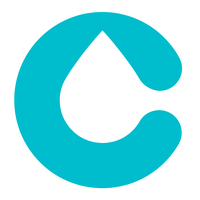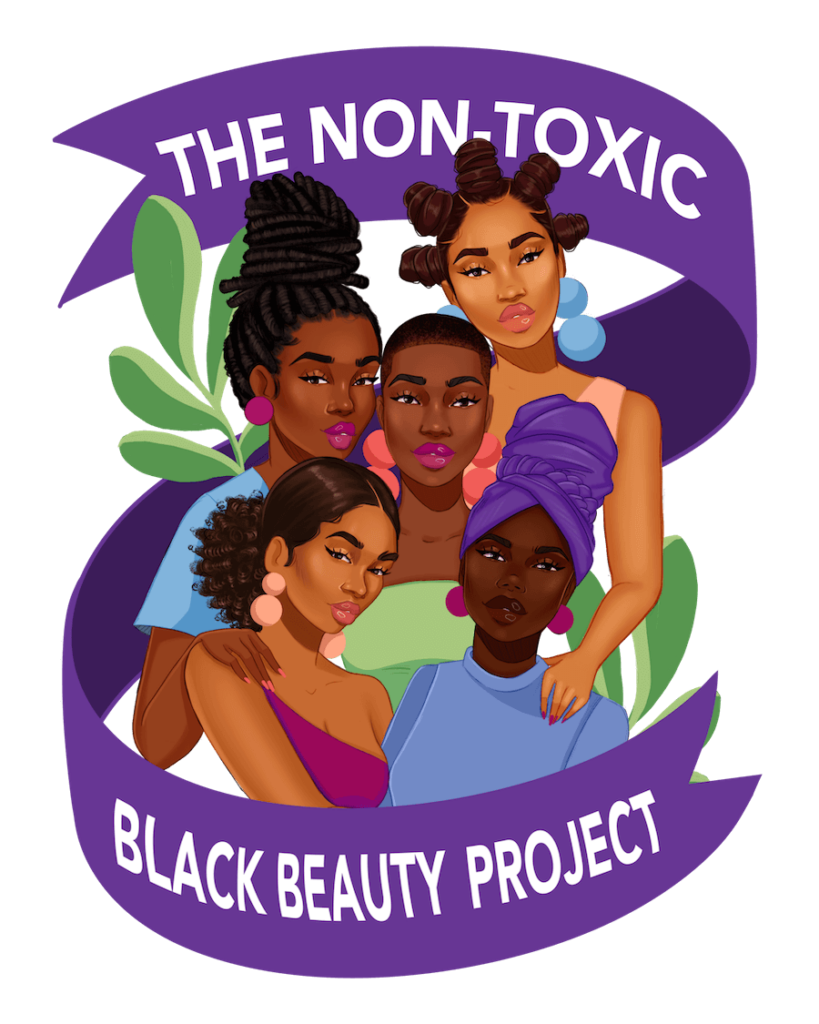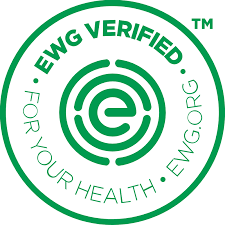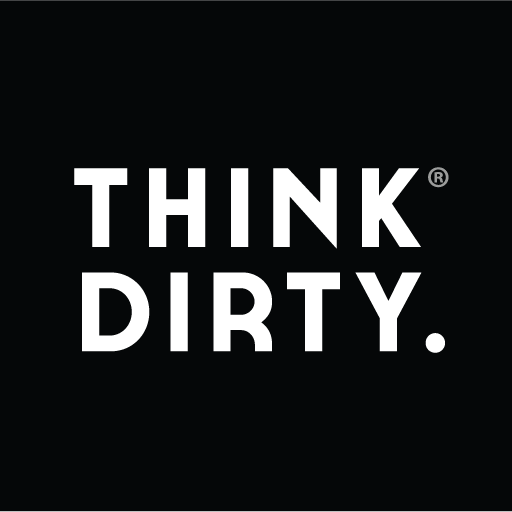Shower liners come in many different materials and some can be unsafe to you and your family. Here’s how to keep water in your shower and toxic chemicals out.
What To Avoid
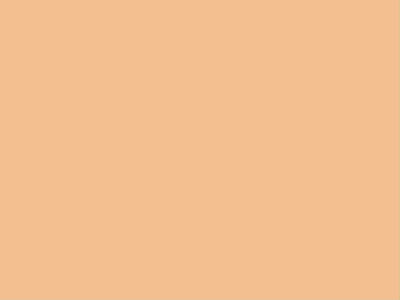
PVC:Most shower curtains are made of Polyvinyl chloride (pvc) plastic. What makes the PVC plastic soft is a class of chemicals known as Phthalates. Phthalates are often released into the air and inhaled. Exposure is linked to reproductive health issues, brain development, some cancers, birth defects, asthma, and allergies.

PEVA and EVA:Two alternative types of plastic, Polyethylene Vinyl acetate (PEVA) and ethylene Vinyl acetate (EVA), have become a popular alternative to PVC because they’re made without chloride. Animal studies suggest, however, that they still have negative health impacts.

Other plastics:Polyester or nylon are woven plastic fabrics. They don’t have chloride or release harmful chemicals into the air like PVC, and they’re easy to wash. But they’re still plastic which is made of multiple synthetic chemicals that are petroleum-based, and can Lead to skin problems, such as rashes, itching and eczema, irritate lungs, and some ingredients can potentially contribute to certain cancers. As they break down with wear and through washing, plastic, synthetic fabrics release micro-plastics into our water and environments, an additional health concern.
Safer Choices
Bioplastics:Bioplastics are made from plant sources such as corn or sugar cane rather than Petrochemicals. Though the way plants are currently grown for Bioplastics can be harmful for the environment, their production and ultimate biodegrading has a much smaller carbon footprint than traditional plastic. Bioplastics are free of PVC plastics and VOCs and considered to be safer for human health than traditional plastics. However, some researchers have indicated cause for caution.

Fabrics:Fabrics such as cotton, linen, or hemp–ideally sustainably harvested, organic and untreated–are preferable. Fabrics can keep the water from ending up outside the tub, though they have to be washed more often than plastic materials to ensure mold doesn’t grow.
Find Safer Products
Websites and Apps:
Clearya
Clearya is a free browser extension and app that notifies you when there are unsafe ingredients in your makeup, personal care, baby care, cleaning and other products, and helps you find safe products.
Clearya is a free browser extension and app that notifies you when there are unsafe ingredients in your makeup, personal care, baby care, cleaning and other products, and helps you find safe products.
Campaign for Safe Cosmetics - Nontoxic Black Beauty Project
They offer a list and database of non-toxic beauty products made and sold by Black-owned companies that are committed to toxic-free beauty and personal care products.
They offer a list and database of non-toxic beauty products made and sold by Black-owned companies that are committed to toxic-free beauty and personal care products.
Detox Me
This app allows you to scan barcodes on products to find relevant tips. They also offer a buying guide to decode product labels and find non-toxic alternatives.
This app allows you to scan barcodes on products to find relevant tips. They also offer a buying guide to decode product labels and find non-toxic alternatives.
Environmental Working Group (EWG)
EWG has a "Skin Deep" database that rates personal care and beauty products based on their safety and toxicity levels. EWG also offers a Healthy Living app that allows you to scan barcodes and find safer products.
EWG has a "Skin Deep" database that rates personal care and beauty products based on their safety and toxicity levels. EWG also offers a Healthy Living app that allows you to scan barcodes and find safer products.
Think Dirty
This app and website allow you to scan or search for personal care products to see their ingredient safety ratings.
This app and website allow you to scan or search for personal care products to see their ingredient safety ratings.

